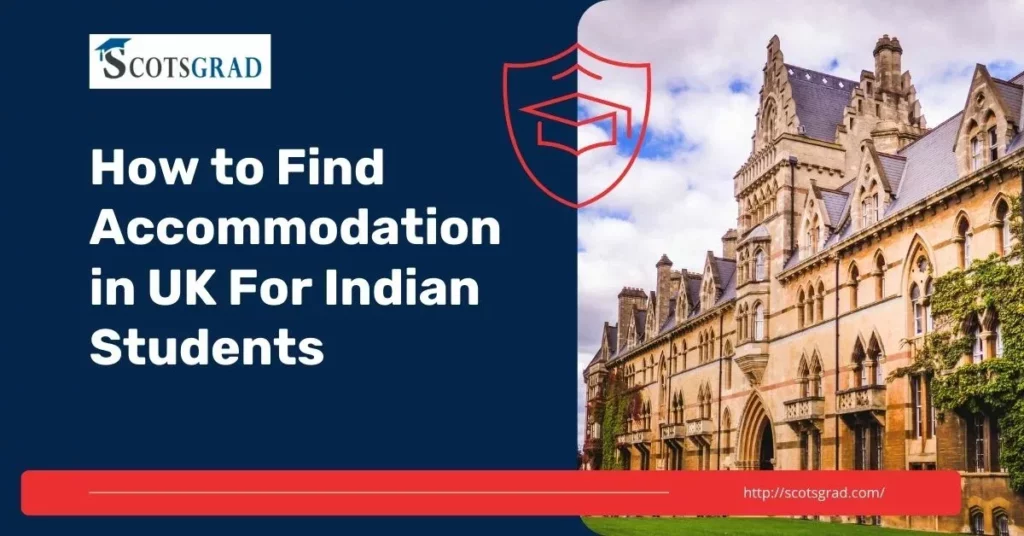Imagine turning your academic dreams into reality without worrying about money. The United Kingdom is known for its top-notch education, attracting students from all over the world. Indian students, in particular, have a great chance to dive into research and innovation thanks to many PhD scholarships offered by UK institutions.
The long-standing ties between India and the UK have led to collaborations in education that benefit aspiring scholars. Scholarships specifically for Indian students give access to amazing research facilities, great mentors, and a global academic community. These scholarships not only cover tuition but also help with living costs.
This article explores the various PhD scholarships available for Indian students who want to study in the UK. We’ll talk about how to apply, what financial help you can get, and how these scholarships can shape your academic journey and career. Come along as we explore the opportunities that could change your future in academia.
Benefits of Pursuing a PhD in the UK
For Indian students, pursuing a PhD in the UK comes with many advantages. UK universities are known for their strong focus on academic excellence, providing a stimulating environment for doctoral studies across various fields tailored to students’ interests and career goals.
Financially, there are plenty of scholarships available based on merit, which help ease the burden of tuition fees and living costs. Some prestigious scholarships like the Gates Cambridge Scholarship and the Felix Scholarship not only cover tuition but also offer a generous monthly stipend. Programs such as the Charles Wallace India Trust and the Manmohan Singh Scholarship specifically support Indian students, often including health insurance and travel grants.
Living in the UK offers a rich cultural experience. Indian students can immerse themselves in a diverse, cosmopolitan environment and build connections with peers from around the world. This experience enhances personal and professional growth, laying a strong foundation for future opportunities.
Moreover, UK PhD graduates are highly respected globally, with their postgraduate degrees opening up employment opportunities both in academia and beyond. In conclusion, the UK stands as a top choice for Indian students looking to pursue doctoral research, offering a blend of academic excellence, financial support, and cultural enrichment.
Available Scholarships for Indian Students
Charles Wallace India Trust Scholarship
Eligibility:
- Indian citizenship
- Possession of a first-degree or professional qualification
- Preference is given to disciplines such as heritage conservation and the arts
How to Apply:
- Identify the scholarship on the Charles Wallace India Trust website.
- Complete the online application form during the application period.
- Submit all required documents along with the application.
- Ensure the application deadline aligns with the UK’s academic calendar.
Documents Required:
- Academic transcripts
- Proof of Indian citizenship
- Detailed research proposal (if applicable)
- Letters of recommendation
- Personal statement outlining career objectives
Manmohan Singh Scholarship
Eligibility:
- Indian citizenship
- Undergraduate degree from a recognized Indian university
- Display of exceptional academic merit and leadership potential
How to Apply:
- Visit the University of Cambridge’s St John’s College website to find the scholarship details.
- Complete the online application form provided during the application period.
- Submit all required documents and information accurately.
- Ensure the application deadline aligns with the scholarship’s specified timeline.
Documents Required:
- Academic transcripts
- Proof of Indian citizenship
- Personal statement demonstrating leadership potential
- Letters of recommendation
- Research proposal aligned with scholarship focus areas
Gates Cambridge Scholarship
Eligibility:
- Indian citizenship (for international applicants)
- Admission to a full-time postgraduate degree at the University of Cambridge
- Demonstrated leadership and commitment to improving the lives of others
How to Apply:
- Access the Gates Cambridge Scholarship application portal on the University of Cambridge website.
- Complete the online application form within the specified timeframe.
- Provide all required documentation and information accurately.
- Prepare for potential interviews or additional selection stages.
Documents Required:
- Academic transcripts
- Proof of Indian citizenship
- Personal statement highlighting leadership experiences
- Letters of recommendation
- Research proposal (if applicable)
Felix Scholarship
Eligibility:
- Indian citizenship
- First-class bachelor’s degree from a recognized Indian university
- Demonstration of financial need
How to Apply:
- Visit the Felix Scholarship website to access the application details.
- Complete the online application form during the application period.
- Submit all required documents as specified.
- Ensure eligibility criteria are met and deadlines are adhered to.
Documents Required:
- Academic transcripts
- Proof of Indian citizenship
- Financial documentation demonstrating need
- Personal statement outlining career objectives
- Letters of recommendation
Financial Assistance for Indian Students
For Indian students, pursuing a PhD in the UK can be tough financially because of the high tuition fees and living costs. But there are lots of ways to get help. Indian students can apply for various financial aid options, including scholarships that cover tuition, living expenses, and other study-related costs. These scholarships can be partial or full and are often based on merit. Students can also get grants from both the British and Indian governments, as well as from trusts and specific university programs. Getting this financial support is really important because it lets students focus on their studies and research without worrying about money.
Tuition Fees and Living Expenses
The cost of pursuing a PhD in the UK typically involves two major financial components: tuition fees and living expenses. Tuition fees for international students, including those from India, can vary widely across different universities and fields of study. These fees generally fall into the range of £15,000 to £30,000 per year, depending on the institution and program. On top of tuition, living expenses—which include accommodation, groceries, transportation, and miscellaneous costs—amount to an average of £1,000 to £1,500 per month. Scholarships intended for Indian students often target these financial aspects, with many covering the entirety of tuition fees and providing an additional amount to offset living costs.
Monthly Stipend
To help manage the cost of living while studying in the UK, some scholarships provide a monthly stipend to Indian doctoral students. This stipend is designed to assist with everyday expenses such as food, housing, academic materials, and transportation. Depending on the scholarship, the monthly stipend can vary but usually falls between £1,000 and £1,500. This financial support plays a crucial role in ensuring that students can maintain a reasonable standard of living, allowing them to concentrate on their academic and research endeavors without having to seek employment.
Health Insurance Coverage
Healthcare in the UK can be costly, and therefore, health insurance is an incredibly important consideration for Indian students. Fortunately, many PhD scholarships offer health insurance coverage as part of their financial assistance package. This coverage generally includes the National Health Service (NHS) surcharge, which grants students access to the UK’s healthcare system in the same capacity as a UK resident. This inclusion safeguards students from incurring additional medical expenses and provides peace of mind regarding health and wellbeing throughout their doctoral journey.
Indian Government Schemes
The Indian government has initiated several schemes to support students who wish to pursue their higher education overseas, including the UK. Schemes such as the National Overseas Scholarship provide financial support to students belonging to certain socio-economic backgrounds for tuition fees, living expenses, and travel. There are also region-specific scholarships and grants available through state governments and other Indian organizations designed to boost international academic exchange. Students should explore these options as they could significantly subsidize the cost of PhD programs abroad, aligning with the government’s vision of promoting global academic excellence among Indian scholars.



